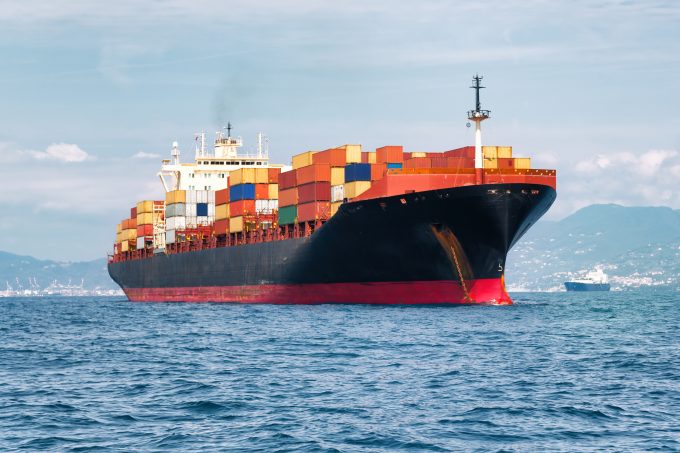Tradelanes: Front-loading has put traditional intra-Asia Q3 peak in doubt
Intra-Asia rates have corrected this month, due to a combination of factors. Drewry’s Intra-Asia Container Index ...

Clearer details are emerging of the impact on supply chains of the attacks on containerships in the Red Sea that led carriers to re-route services.
Widely rumoured figures of a million teu being stuck on ships close to the Bab-el-Mandeb Strait, off ...

Comment on this article